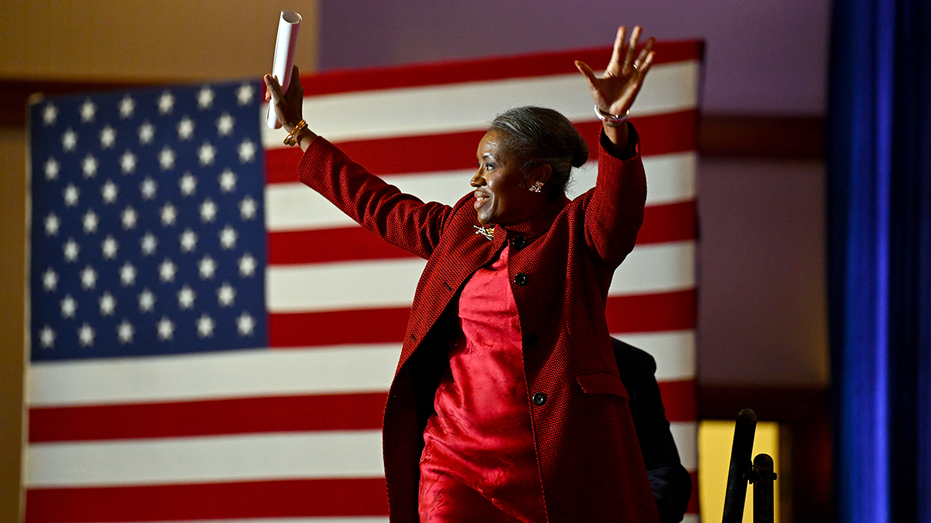A wave of Democratic victories reverberated across three key states, signaling a potent shift in the political landscape and a resounding response to anxieties gripping American households. The elections in New Jersey, Virginia, and New York City weren't just about candidates; they were a referendum on the weight of economic hardship and the struggle for affordability.
In New Jersey, Mikie Sherrill secured the governorship, while Abigail Spanberger triumphed in Virginia’s gubernatorial race. New York City witnessed a surprising win for Zohran Mamdani, a Democratic Socialist, over both former Governor Andrew Cuomo, running as an Independent, and Republican Curtis Sliwa. These victories defied expectations, particularly in New Jersey, a state once considered ripe for a Republican takeover.
The economy loomed large over every ballot box. Polling data consistently revealed that voters were deeply concerned about their financial well-being. The Democratic candidates skillfully channeled this anxiety, directly linking economic pressures to policies enacted during the previous administration.
New Jersey voters specifically cited high taxes and the overall economic climate as their primary concerns. In Virginia, the economy dwarfed all other issues, with half of voters identifying it as their top priority. New York City echoed this sentiment, with affordability dominating the conversation and propelling Mamdani to victory.
Mamdani’s platform resonated with a city burdened by escalating costs. He campaigned on radical solutions – city-run grocery stores, fare-free public transportation, rent freezes, and expanded affordable housing – offering a bold vision for easing the financial strain on residents. His proposals sparked intense debate, drawing both fervent support and sharp criticism.
The wins came just over a year after a federal election where economic concerns also played a pivotal role. Former President Donald Trump and his allies vehemently attacked Mamdani, labeling him a “communist” and warning of economic ruin. These attacks, however, seemed to fuel his support among those desperate for change.
Throughout their campaigns, the victorious Democrats directly confronted the legacy of the previous administration. Spanberger argued that Trump’s policies were actively harming Virginia’s economy, while Sherrill characterized the current economic situation as a “catastrophe,” pointing to the damaging effects of tariffs.
Sherrill specifically highlighted the financial burden imposed by increased tariffs, claiming they would cost New Jersey families thousands of dollars annually and lead to job losses. She echoed concerns raised by the Wall Street Journal, which had previously labeled the trade war “the dumbest in history.”
The New Jersey race was particularly significant, as Trump had made substantial gains in the state during the previous election, even flipping five counties to the GOP. Spanberger, celebrating her victory, emphasized a return to “pragmatism over partisanship,” promising to prioritize the needs of the commonwealth.
Trump, reacting to the losses, pointed to the ongoing government shutdown as a contributing factor, citing pollsters who suggested it had alienated voters. The results underscored a clear message: economic anxieties are a powerful force, and voters are demanding solutions.
These elections weren’t simply about choosing leaders; they were a powerful expression of frustration and a call for a more equitable economic future. The outcomes suggest a growing appetite for bold policies and a willingness to challenge the status quo in the face of mounting financial pressures.






